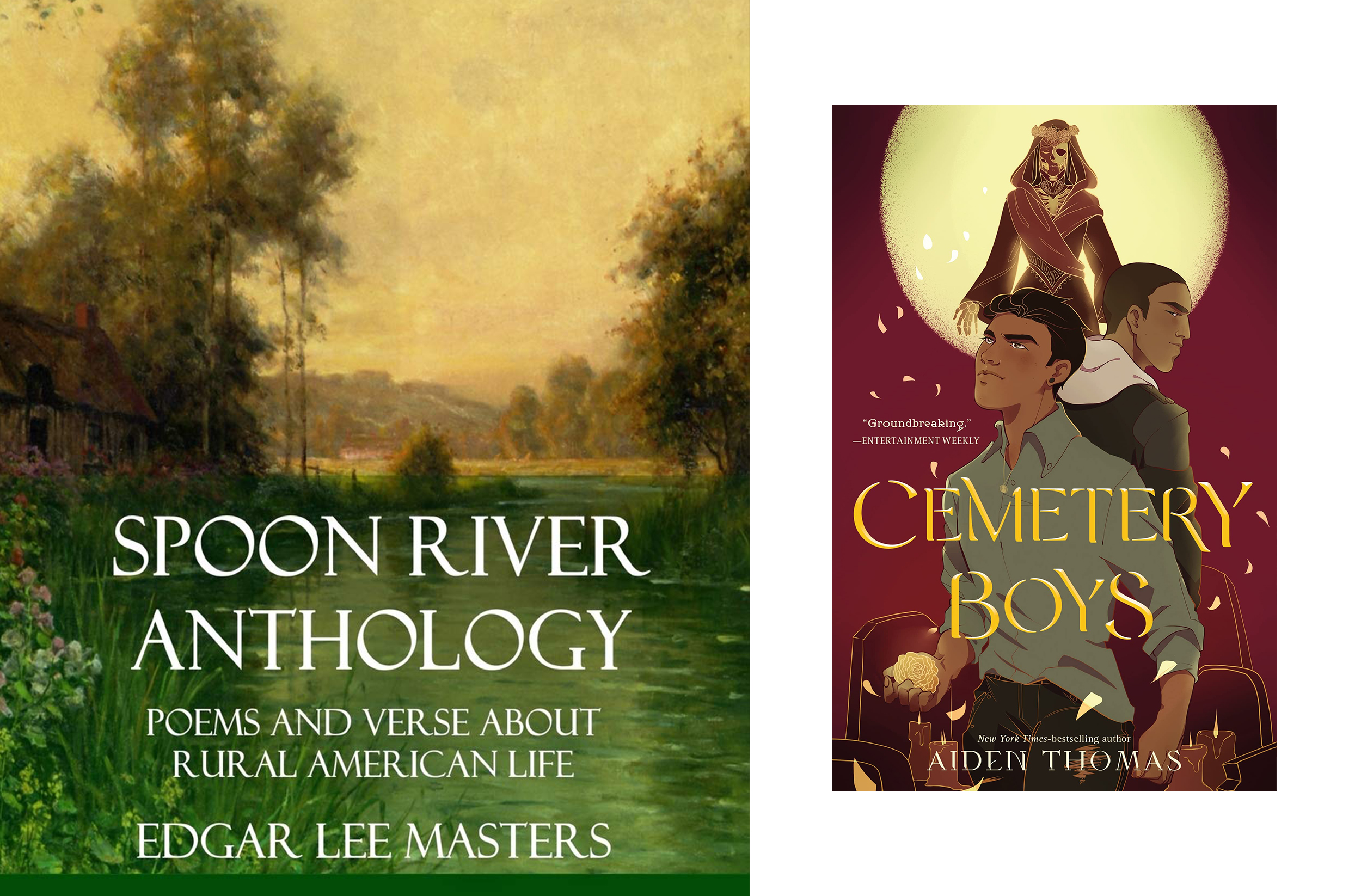Yes, you read the title correctly.
Unusual choice? Certainly. Questionable choice? Personally, I don’t think so.
Places where life and death meet, places of worship, of remembrance, of historical or cultural or artistic interest, places of multiple sensations that cross the river of time to remind us, mortal souls, of the only certainty that we all share: “What we are you will be. What you are we were”, as an epitaph at the Verano Cemetery in Rome says.
Now, the premise is neither meant to be fatalistic nor to arouse anxiety and panic in anyone; On the contrary, it wants to undermine an all too widespread prejudice that surrounds cemeteries and that sees them as desolate places, when in reality they are a basin of emotions, affections and memories that underlines our being human understood precisely as beings able to feel feelings, to share them and to express them even to posterity. Even books set in cemeteries, therefore, can serve this purpose: tombs and places of memory become backgrounds where the living (and not only sometimes) intersect their stories with those of people who are no longer there. Life, death, destiny, beyond, faith, fear, hope, love, beauty: all elements that characterize cemeteries and, consequently, the following titles.
Note: these are books set in the cemetery for the majority of their plot, they are not books ABOUT cemeteries or where cemeteries are a smaller part of the set (Dracula & co, ”ll see you in another article, I promise).
“Fresh Water for Flowers” – Valérie Perrin
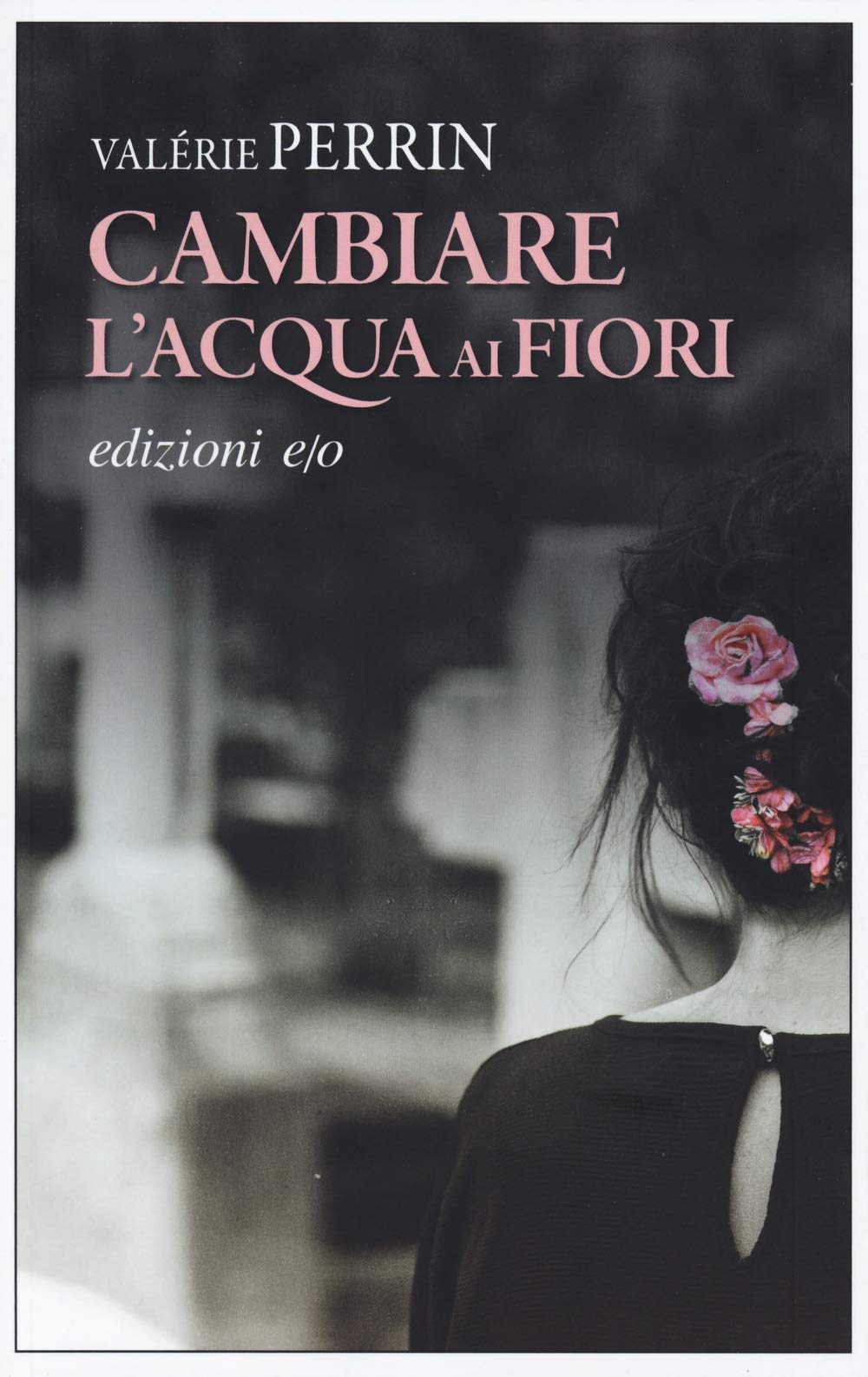
An emotional novel that links the themes of love and death with extreme delicacy. The protagonist is Violette Toussaint, the guardian of the cemetery of a town in Burgundy: a kind, sunny and multifaceted person who manages to understand others, both family members who come to visit the graves of their loved ones and the stories narrated by the tombs, with a great humanity. To activate the events is the arrival of a policeman from Marseille who presents himself with a strange request: his mother, recently deceased, has expressed the desire to be buried in that distant village in the tomb of an unknown local man. This is how we learn that the lightness of Violette’s soul hides a dramatic past that finally wants to emerge to be faced. The intersection between past and present, between lived and current lives, is supported by a surprising, realistic and bewitching writing that reminds us how the things we do not tell anyone are as important as those we choose to share. A truly touching story.
“Spoon River Anthology” – Edgar Lee Masters
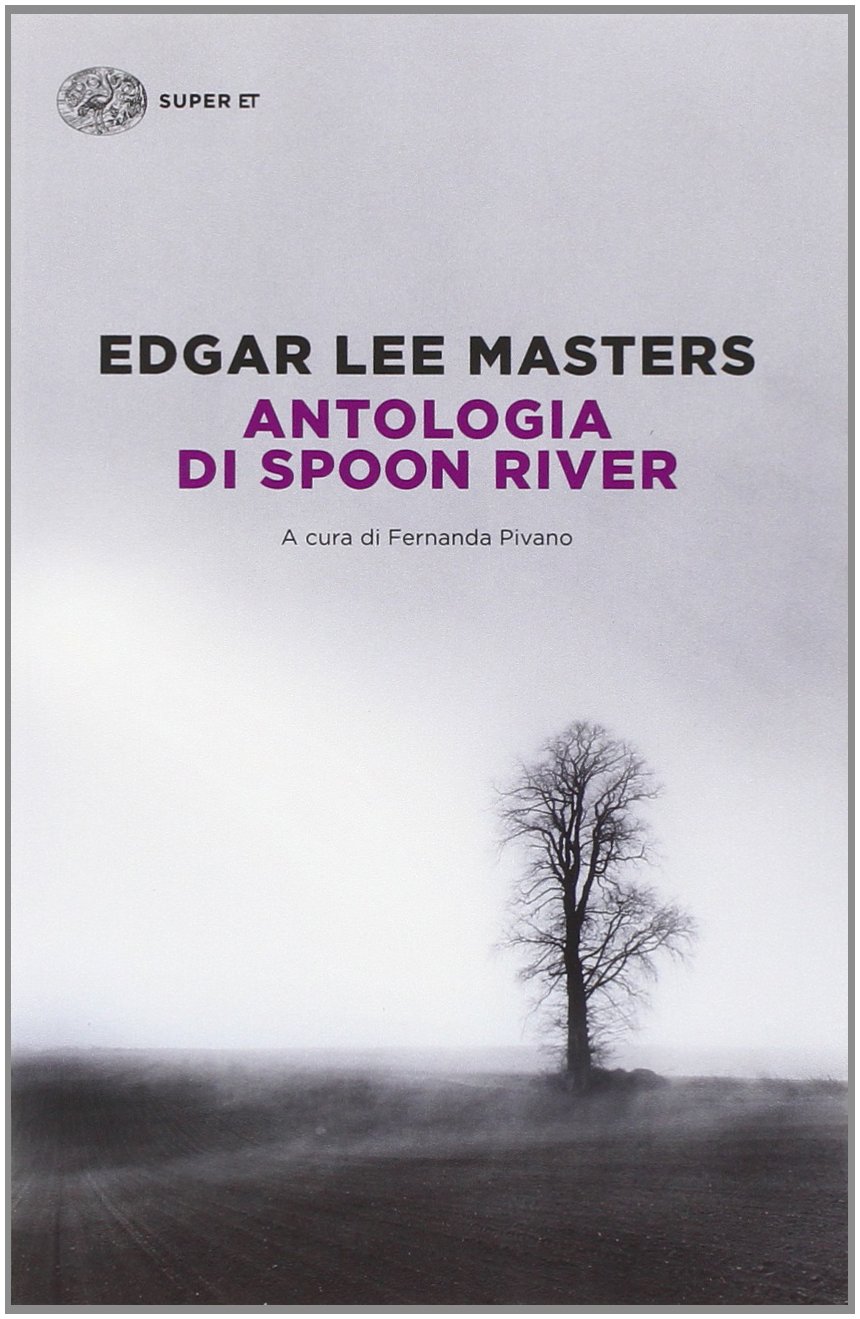
“Kissing her with my soul upon my lips, it suddenly took flight,” is perhaps my favorite line from the poem “Francis Turner” from the anthology. In this collection, there are 212 poems in epitaph form, each dedicated to a character who lived in the fictional town of Spoon River. The author’s narrative intent is to tell the story of the city through the voices of the dead who have nothing more to lose and who therefore can speak with absolute sincerity: in this way, intrigues, secrets and scandals emerge that shed new light on the lives, personalities and most deprived aspects of every citizen, from the mayor to the violin player, all united by the regret of what they were and the desire to share their experience; As if, in doing so, they can come back to life, even if only for a moment.
“Pet Sematary” – Stephen King
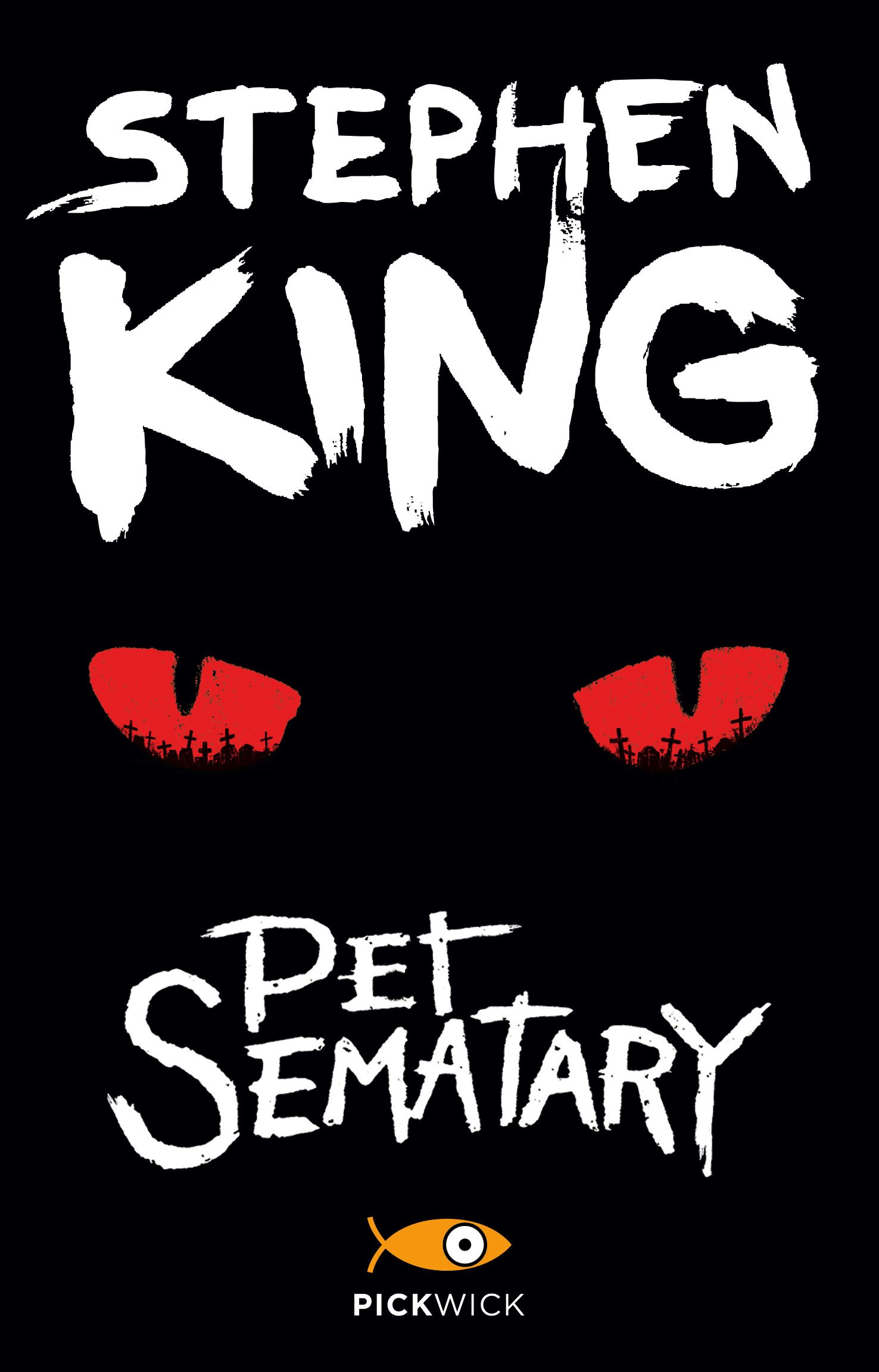
Could the king of horror not be included in such an article? One of Stephen King‘s most disturbing and powerful novels, inspired by a popular tale, starring Dr. Louis Creed who, at the beginning of the book, moves near the University of Maine to accept a new job. Here, with his wife Rachel, children Eileen and Gage and the cat Church, he can start a new life. But the serenity of the family is soon upset by a series of disturbing and dramatic episodes, involving strange dreams, reckless trucks and one place in particular, the Pet Sematary, the cemetery where the children of the village have always buried their pets. A terrain used in the past for specific rituals and today frightening, full of omens and calls, which wants to remind Louis (and the reader) how the dead must remain so.
“Cemetery Boys” – Aiden Thomas
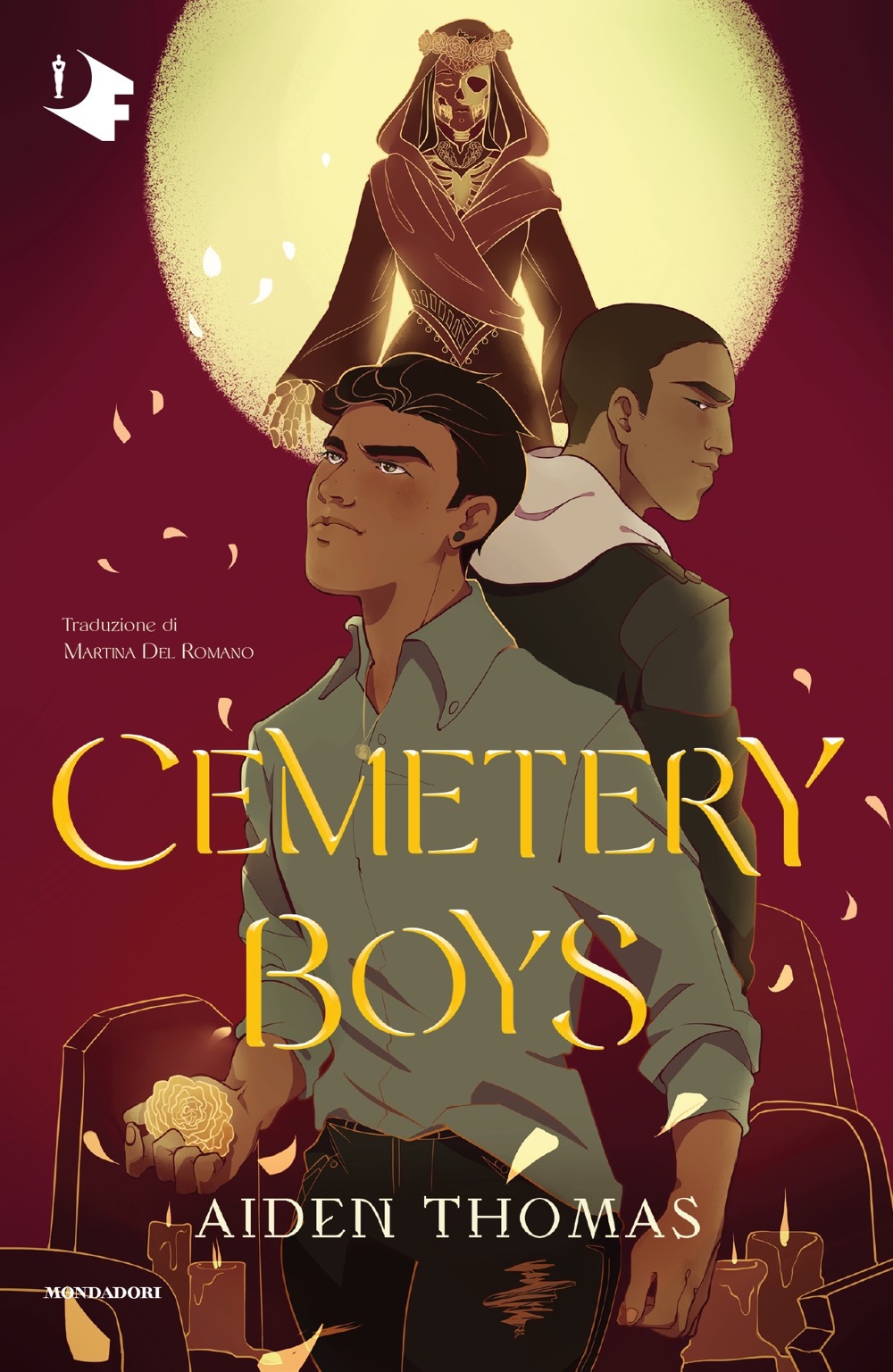
A stand-alone LGBTQIA+ novel that mixes magic, fantasy and Mexican culture in an original and flowing way. Los Angeles: Yadriel is a trans Mexican guy who struggles to be accepted by his family. Determined to prove to them that he is a true brujx (sorcerers who can see the spirits on earth and help them pass by), with the approach of the dia de los muertos he decides to search for the soul of his cousin Miguel, who died murdered, to free him in the afterlife. By mistake, however, he evokes the ghost of Julian Diaz, the handsome and damned of the school, who wants to take advantage of this glimmer to understand how he died. Yadriel agrees to help Julian: between the desire to assert himself, self-acceptance, mysterious murders and a race against time, Yadriel and Julian will discover the power (and price) of love, life and death.
“Lincoln in the Bardo” – George Saunders
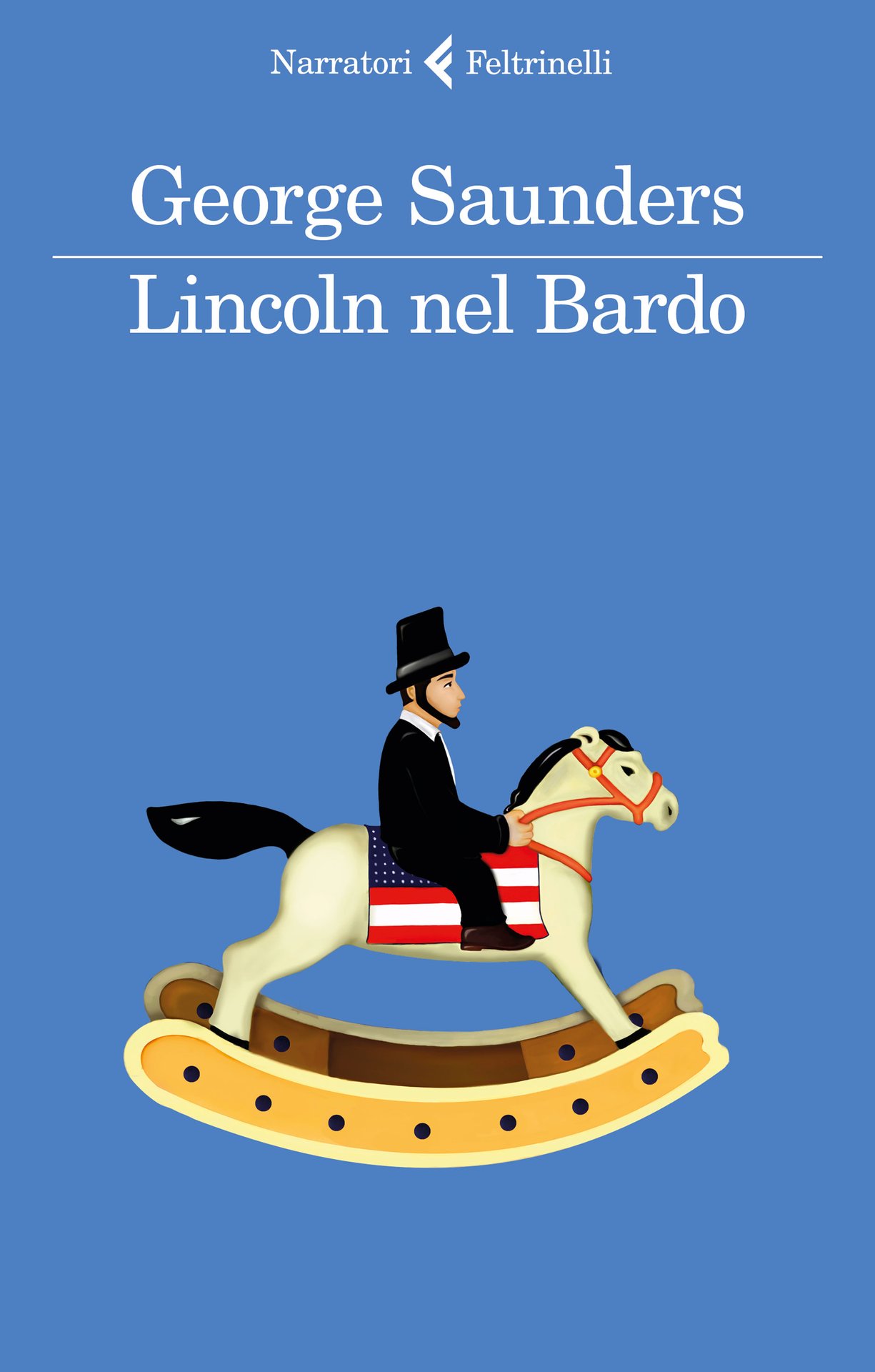
A novel that reminds us how time is the most important gift and how, faced with the inevitable, we are all men, even the president of the United States, Abraham Lincoln, here the protagonist of the story. In February 1862, with the Civil War beginning a year ago, Lincoln found himself facing the death of his beloved son Willie, only 11 years old, who was buried in Washington, D.C., in Georgetown Cemetery. A historical truth that begins the fictional continuation: Willie is in fact suspended in the bardo, the limbo where the creatures still too attached to the previous existence roam. Accompanied by three unlikely guides, we dive into the story where Willie Lincoln died and does not know it, while Abraham Lincoln is alive, but would prefer to have died together with his son. In a crescendo of voices of spirits telling their story, of Lincoln’s thoughts of those of Willie rich in such a love that transcends mortality, in the space of a single night (this is the duration of the story) we are led to believe that the boundary between logic and absurdity is as weak as that between life and death. In the end, then, the question is always what Percy Shelly asked us with “Ozymandias“: what is the point of accomplishing great feats if everything then vanishes into immortal nothingness?

